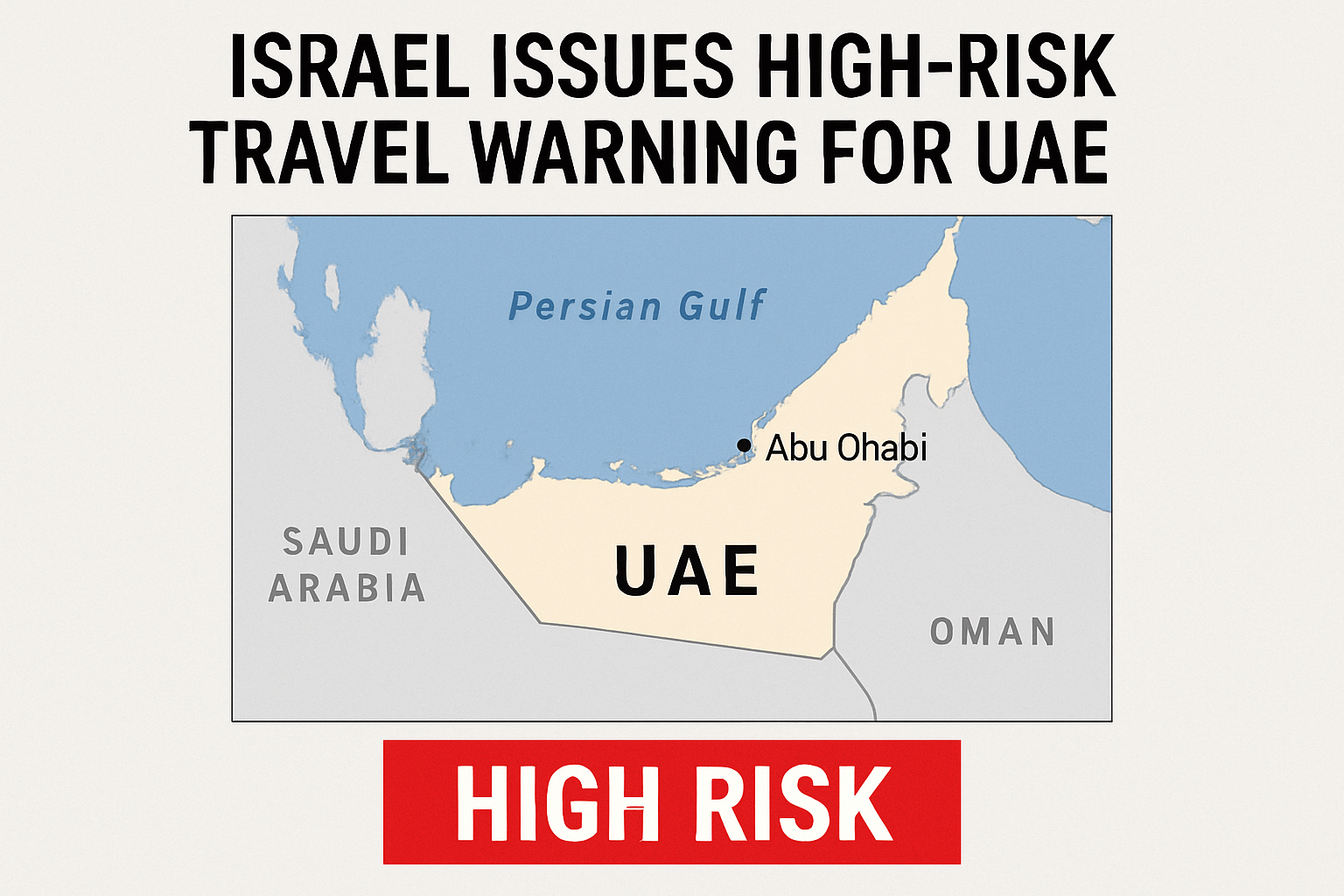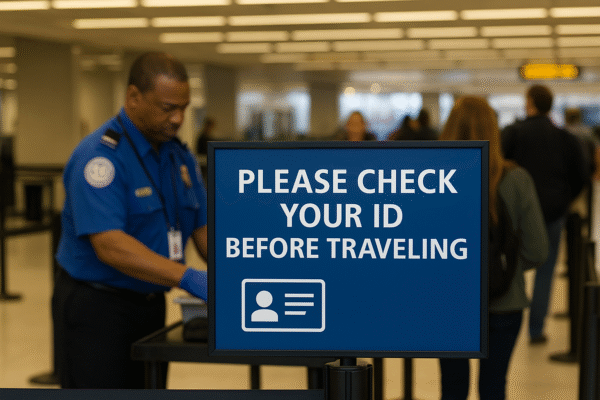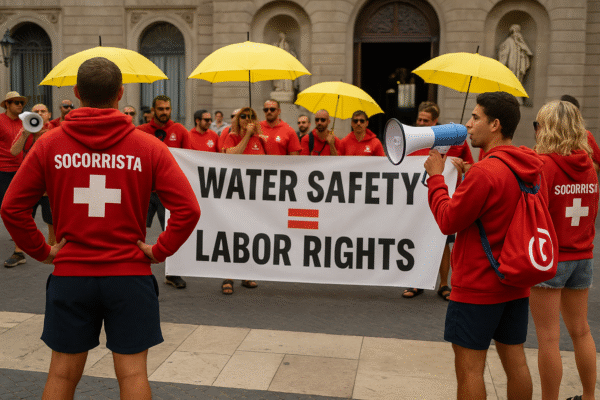A wave of protest has swept across Barcelona’s iconic coastline as lifeguards began an indefinite strike on Friday, demanding comprehensive reforms in beach safety operations. Their call: implement year-round coverage, improve staffing, and enforce higher safety standards amid an increasingly crowded and unpredictable Mediterranean tourist season.
Backed by the CGT union, lifeguards are urging both the Barcelona City Council and FCC Medioambiente—the private contractor overseeing beach management—to acknowledge the evolving demands of a 12-month tourism calendar.
A Summer of Discontent on Barcelona’s Beaches
The lifeguards’ protest transformed stretches of Barceloneta Beach and Platja del Bogatell into rally sites, with striking workers hoisting banners proclaiming “Water Safety = Labor Rights” and blowing whistles in symbolic resistance. Although the Catalan Government imposed a 50% minimum service rule to ensure partial beach safety during peak travel months, many watchtowers remain unmanned, sparking concern among locals and international tourists alike.
Organized demonstrations took place near Plaça Sant Jaume, where around 40 lifeguards gathered in front of Barcelona’s City Hall, calling for immediate negotiations. Their key message: seasonal employment structures no longer align with the city’s status as a year-round travel hotspot.
Why Lifeguards Are Striking: A Dual Fight for Rights and Safety
Lifeguards across Barcelona report working in what they describe as “absolute precariousness.” They are not only tasked with overseeing swimmer safety but also serve as first responders for drowning incidents, accidents, and even medical emergencies on the sand.
“The reality is that we’re under-resourced during times when tourists are still arriving in droves,” said a CGT spokesperson. “Beach safety isn’t just a summer issue anymore. Tourists are swimming in October, even in December. Yet we’re dismissed the moment high season ends.”
The demand for full-time, year-round contracts reflects broader shifts in European tourism trends, where destinations like Barcelona are witnessing off-season booms due to milder autumns and winters driven by climate change and flexible travel habits.
Safety Concerns for Tourists as Strike Persists
Barcelona’s lifeguards play a crucial role in maintaining the city’s public safety reputation—a key selling point for international tourism. However, the ongoing strike, despite minimum service enforcement, presents notable risks. Tourists are now being met with signs at beach entry points and lifeguard towers warning of reduced emergency response availability.
The Ajuntament de Barcelona (City Council) has urged visitors to remain cautious, especially those venturing into the water. Officials recommend swimmers:
- Stay within designated safe zones
- Avoid isolated swimming during low-attendance periods
- Monitor flag alerts and weather conditions
Several travel advisories, including information from Catalonia’s Civil Protection Department, also encourage tour operators and hotels to communicate the risks clearly to their guests.
Government and Contractor Yet to Engage in Dialogue
As of early August, negotiations have stalled. The CGT union blames FCC Medioambiente, which holds the beach management contract, for failing to prioritize workforce stability. They also allege insufficient oversight from local government bodies, noting a lack of urgency in adapting safety frameworks to match year-round tourism growth.
Barcelona’s lifeguards have proposed the creation of a permanent beach safety task force—including full-time contracts for lifeguards, EMT support, and boat patrols—especially in areas with strong currents or rocky shorelines like Mar Bella and Sant Sebastià.
A Mediterranean-Wide Implication?
This strike is not just a local matter. As Barcelona often sets precedents for urban coastal tourism policies, municipalities across Spain, Italy, and southern France are watching developments closely. With climate-driven shifts in travel behavior, many cities face pressure to reclassify beach safety as essential infrastructure, akin to public transport or fire services.
Experts from Spain’s Instituto de Turismo Responsable (ITR) highlight that addressing such systemic issues could serve as a model of sustainable coastal management. “Without sufficient safety personnel, beaches cannot be considered responsible tourism zones,” ITR stated in a recent report.
Public Sentiment and International Response
While the strike might inconvenience some, public support is surprisingly robust. Many locals recognize the lifeguards’ dual role as both protectors and underpaid professionals. Social media has seen a surge in hashtags like #SalvamentoDigno (Dignified Lifeguarding) and #SeguridadTodoElAño (Safety All Year).
International travel communities and expat forums, particularly from UK, Germany, and the U.S., have expressed concern but also sympathy for the lifeguards’ cause. Travel influencers have urged followers to “respect safety signs and support lifeguards who are protecting all of us.”
A Crucial Moment for Barcelona’s Tourism Leadership
Barcelona welcomed over 12 million international tourists in 2024, with beaches ranking among its top five attractions. This strike threatens not only public safety but the global brand image of a city already under scrutiny for overtourism and urban strain.
With tourist arrivals expected to rise again in 2025, especially from China, India, and Latin America, city authorities must now decide: Will Barcelona lead the way in redefining coastal safety, or treat lifeguard services as a seasonal formality?
As the sun sets behind W Hotel‘s silhouette on Barceloneta Beach, lifeguards continue their peaceful yet determined protest—a daily reminder that safety and labor rights are intertwined in one of Europe’s most beloved travel cities.
For more travel news like this, keep reading Global Travel Wire



















